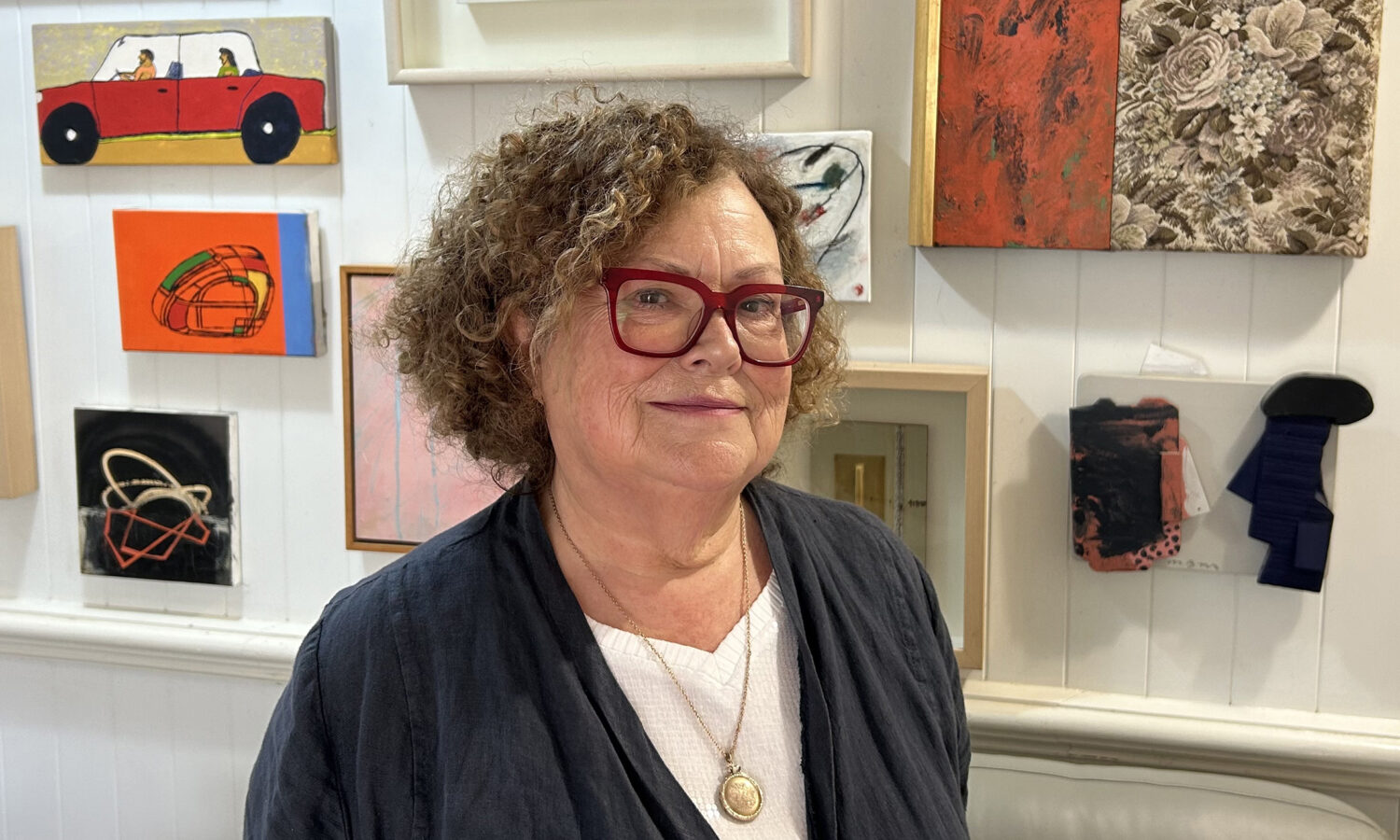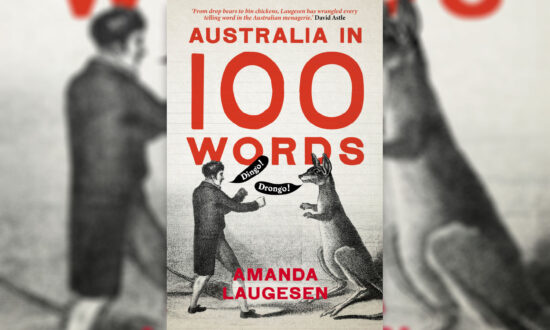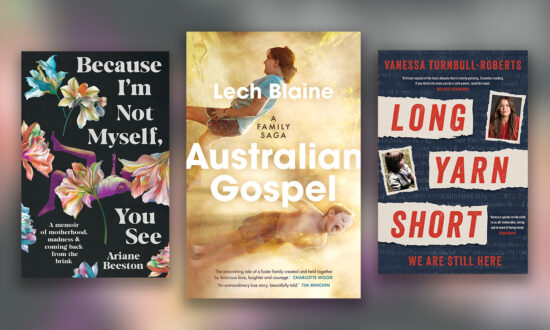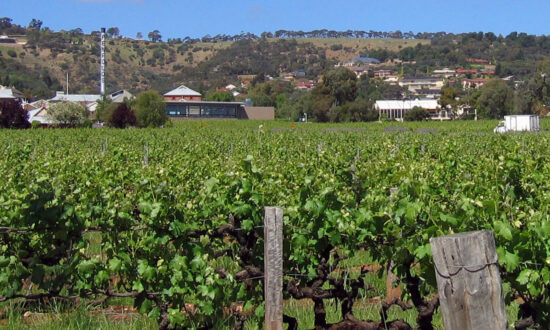When did you decide to write Big Music?
I studied classical piano and guitar at the Royal Academy of Music in London and it was a privilege, but intense. I remember watching a student performance of Verdi’s Requiem by Frederick Jackson, a brilliant conductor and professor at the academy, who demanded the highest of standards. In the Requiem’s climax, his arms froze in the air. The choir and orchestra doubled their efforts not realising he was in the throes of a fatal heart attack. It shocked me that in a life-and-death situation the music came first. I remember thinking I’ll put that in a book one day.
What is the story about?
Beatrice, who is promoted to the position of director of Turalong Music School despite her youth and inexperience. She’s determined to revive the school’s flagging reputation despite considerable obstacles including gender bias, staff conflict, fraud, betrayal, poor resources, an unfathomable boss and predatory behaviour. The book follows a young woman’s journey through tough times, triumph and self-discovery.
What do you most admire about Beatrice, your main character?
Well, she’s a super-dedicated people pleaser determined to grow into the job. She’s overly responsible at her own expense. That doesn’t appeal but there’s a line she won’t cross and I admire her bravery for that.
What makes music schools such fascinating places?
Students and staff are driven, gifted and strong willed. There’s a great energy. It’s a buzz to be around highly motivated people and to listen to music spilling out of practice studios and random spaces. There’s nervous tension in the air because there’s always a performance looming. The students are sensitive and compelled to devote a large chunk of time each day for individual practice because of the pressure and, like athletes, they have to retain their physical technical skills yet also advance them.
There are jazz band, rock group and orchestral rehearsals. On top of this, there’s the requirement to turn up to classes and also earn enough to pay for rent and living expenses. Often the piano lecturer or jazz trumpeter is maintaining a profile as a performer as well as fulfilling fulltime academic duties. Not surprisingly, tempers flare. Music organisations can be volatile.
Stirred into the mix there are egos, conflicts and political imperatives within universities. In my experience I’ve found musicians to be professionally preoccupied, but when something happens they feel strongly about they can become a formidable unified force as we’ve seen with the Melbourne Symphony Orchestra’s recent action in defence of pianist Jayson Gillham over the cancellation of his concert, supposedly because of a political comment he made.
What inspired you to be a writer?
My grandfather Frederick Alex Wills couldn’t get a job on the shipyards after World War II. He rambled through the wilds of Northumberland charting wildflowers and observing animals. Eventually, he wrote a column, under the pseudonym of The Vagabond, for the Newcastle Times, about the flora and fauna and people he encountered on his long daily walks. He earned the Vagabond moniker because he camped out in all weathers with nothing but a rolled-up oil sheet, blanket and tin utensils. He wrote about 30 books.
My late father was a Fleet Street Eastern European correspondent, a fluent Russian speaker and, to be blunt, a spy. He was also an aspirational poet. I have an unpublished manuscript of his poetry. Knocked back by the first publisher he approached he gave up. I’ve published a memoir but having inherited a love of writing I wanted to write a novel regardless of the inevitable knock backs along the way.
What is your professional background?
All my life I’ve worked in the arts industry as a teacher, lecturer, professor, manager, music writer and reviewer and a pre-concert speaker for the Australian Chamber Orchestra, Musica Viva and The Australian String Quartet. I was for nine years Dean of Music at the Victorian College of the Arts, School of Music.
Does the story reflect your life?
Autobiographical influence is inevitable to a greater or lesser extent in any story. I share a love of horses and a passion for music with Big Music’s Beatrice and, as the setting is one I’m familiar with, there are echoes from my own experience. But Big Music is firmly rooted in fiction.
What inspires you?
Music of all varieties inspires me so long as the performance is polished and meaningful, whether it’s by a professional or amateur orchestra, string quartet, choir, soloist, reggae, rock or jazz band. I’m drawn to people with a reverence for nature who treat wildlife and domestic animals respectfully and kindly. Many of my friends are those with creative purpose who persist in artistic projects and complete them against all odds.

Get InReview in your inbox – free each Saturday. Local arts and culture – covered.
Thanks for signing up to the InReview newsletter.
Will you write another book?
Yes. I’m writing another novel, again with music in the mix but set in the Aussie bush.
Big Music by Gillian Wills, Hawkeye Publishing, $32.95; hawkeyebooks.com.au/products/big-music
Gillian Wills will be at Avid Reader bookshop, West End, September 18, avidreader.com.au; and Riverbend Books, Bulimba, September 26, riverbendbooks.com.au
Support local arts journalism
Your support will help us continue the important work of InReview in publishing free professional journalism that celebrates, interrogates and amplifies arts and culture in South Australia.
Donate Here




